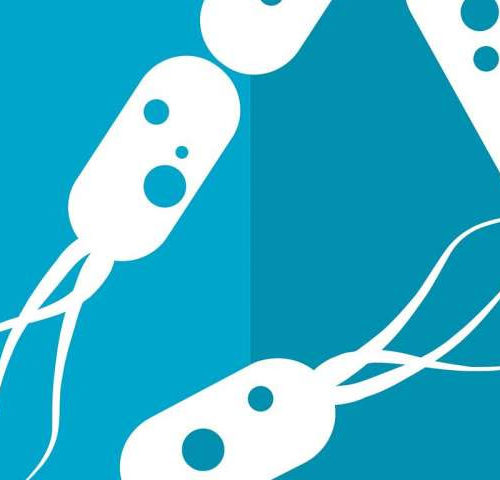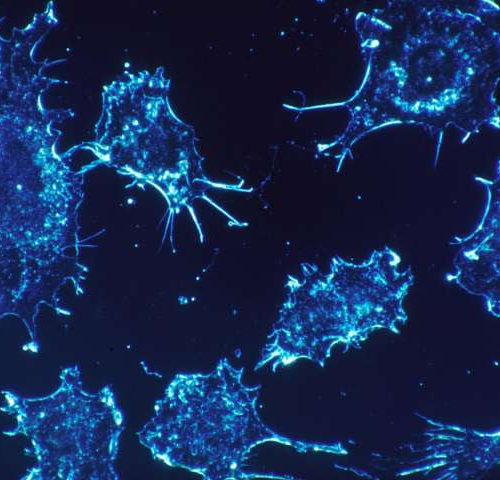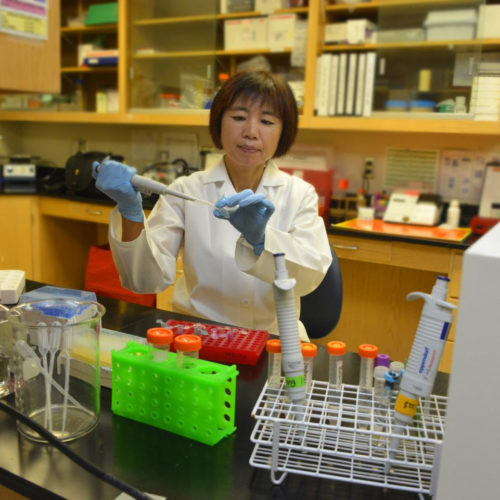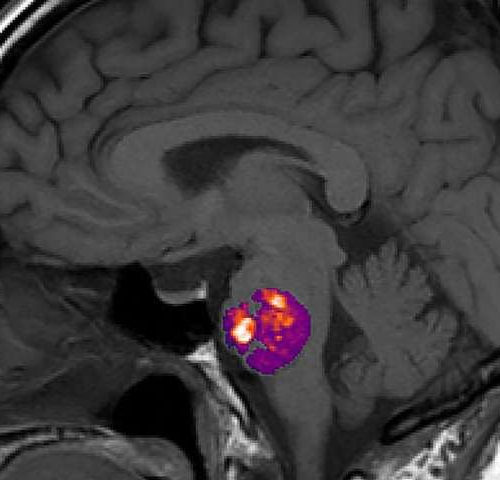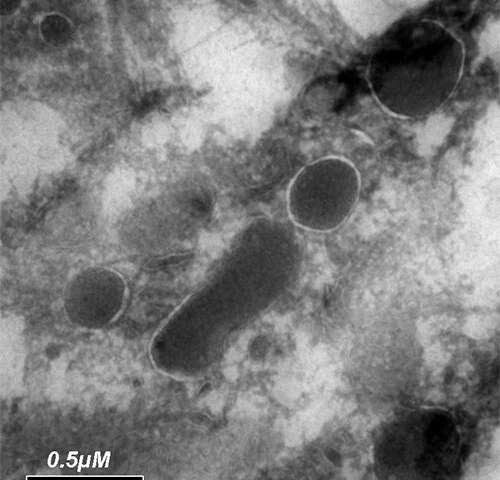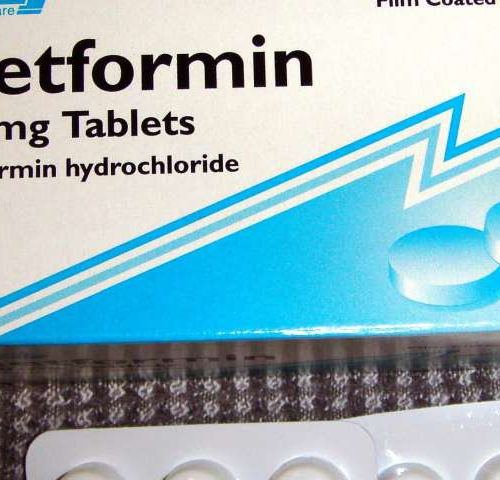by The Scripps Research Institute Scientists at Scripps Research have developed molecules that can remodel the bacterial population of intestines to a healthier state and they have shown—through experiments in mice—that this reduces cholesterol levels and strongly inhibits the thickened-artery condition known as atherosclerosis. The scientists, who report their findings in Nature Biotechnology, created a...
Tag: <span>Microbiome</span>
The Parkinson’s disease gut has an overabundance of opportunistic pathogens
by Jeff Hansen, University of Alabama at Birmingham Parkinson’s disease is a common, progressive and debilitating neurodegenerative disease. It currently cannot be prevented or cured. In 2003, Heiko Braak proposed that non-inherited forms of PD are caused by a pathogen in the gut. He hypothesized that the pathogen could pass through the intestinal mucosal barrier...
Unique metabolic markers detect over 50% of children affected by autism spectrum disorder
New findings from the Children’s Autism Metabolome Project (CAMP) Study, a 1,102 subject study of the metabolism of children with ASD, published in Autism Research Madison, WI (June 18, 2020): In a paper published online this week in Autism Research, scientists at NeuroPointDX, a division of Stemina Biomarker Discovery, Inc., in collaboration with researchers at...
New intestinal cancer treatment approach identified
by Johannes Angerer, Medical University of Vienna A MedUni Vienna study group has identified a previously unknown mechanism involved in the development of intestinal cancer: The bacterial microbiome activates the so-called immune checkpoint Ido1 in Paneth cells, a special cell that is only found in the gastrointestinal tract, thereby preventing local intestinal inflammation. However, this...
High-salt diet impacts health of gut microbiome
AUGUSTA, Ga. (June 9, 2020) – Particularly in females with untreated hypertension, reducing salt intake to what’s considered a healthier level appears to be good for both their gut microbiome and their blood pressure, scientists report. In the blood of 145 adults with untreated hypertension, the scientists found that, particularly for the females, just six...
Study ties stroke-related brain blood vessel abnormality to gut bacteria
by National Institutes of Health In a nationwide study, NIH funded researchers found that the presence of abnormal bundles of brittle blood vessels in the brain or spinal cord, called cavernous angiomas (CA), are linked to the composition of a person’s gut bacteria. Also known as cerebral cavernous malformations, these lesions which contain slow moving...
5 things you can do to make your microbiome healthier
by Connie Rogers and Darrell Cockburn, The Conversation It’s common for people to focus on their health at the start of the year. But few consider the well being of the microbes that live inside the human gut—the microbiome—which are vital to an individual’s good health. How important are these bacteria? There are as many...
Cells inside cells: the bacteria that live in cancer cells
by Weizmann Institute of Science Cancer cells are comfy havens for bacteria. That conclusion arises from a rigorous study of over 1,000 tumor samples of different human cancers. The study, headed by researchers at the Weizmann Institute of Science, found bacteria living inside the cells of all the cancer types—from brain to bone to breast...
Diabetes drug may protect breastfed children from future metabolic disorder
by American Physiological Society A new study suggests that treating a breastfeeding parent with a common diabetes drug may provide male offspring lifelong protection against diabetes and obesity. The study is published ahead of print in the American Journal of Physiology-Endocrinology and Metabolism. It was chosen as an APSselect article for May. Studies have shown...
Non-caloric sweetener reduces signs of fatty liver disease in preclinical research study
There is clear evidence that high sugar consumption leads to obesity and fatty liver disease. Synthetic and natural alternatives to sugar are available, but little is known about the effects of these non-caloric sweeteners on the liver. A new study led by Rohit Kohli, MBBS, MS, shows that stevia extract can reduce markers of fatty...

